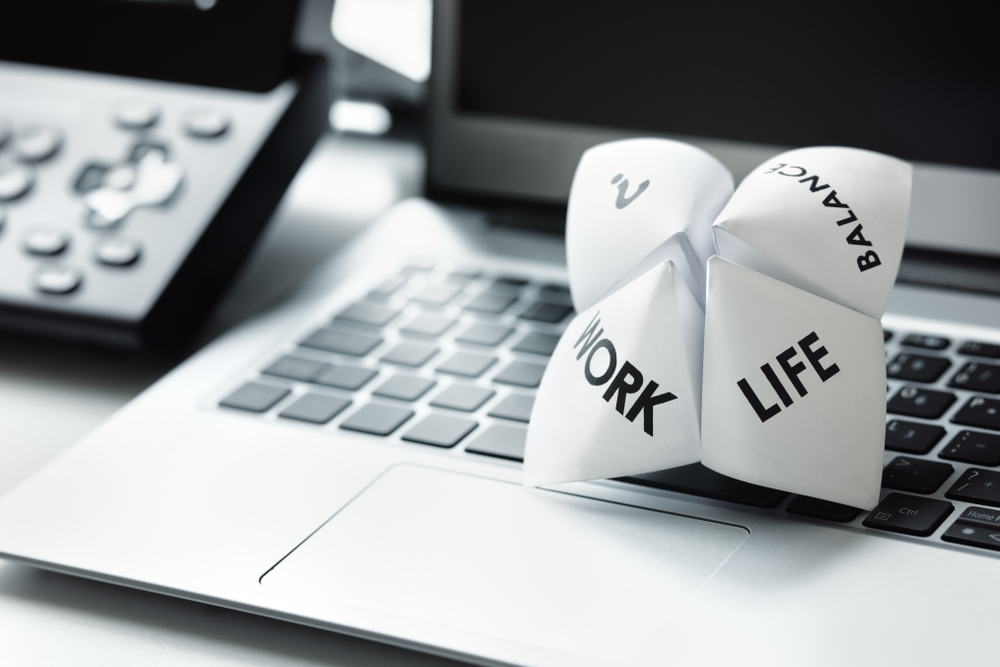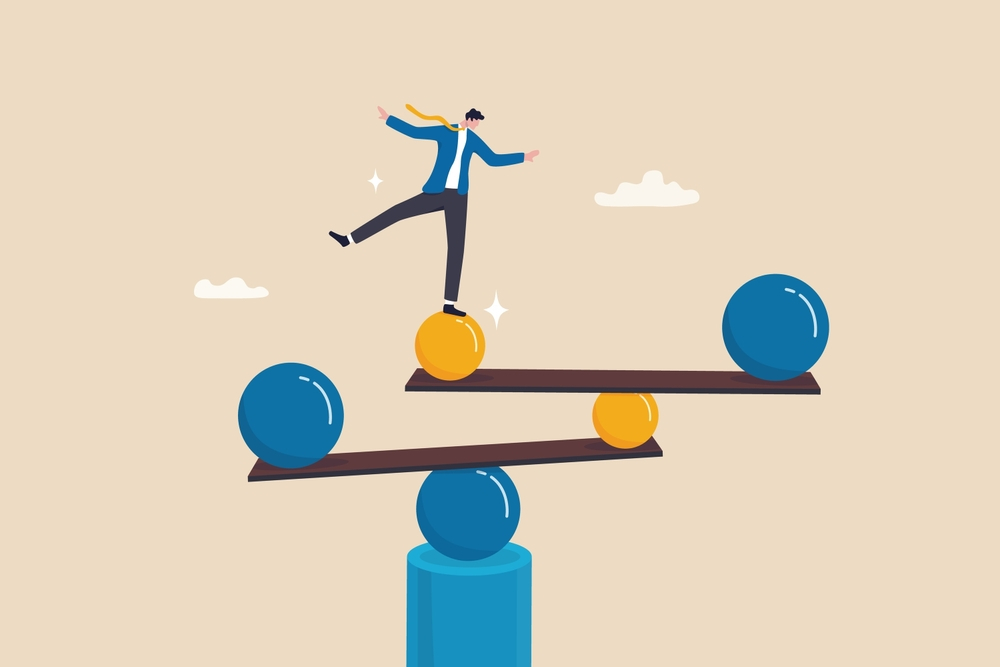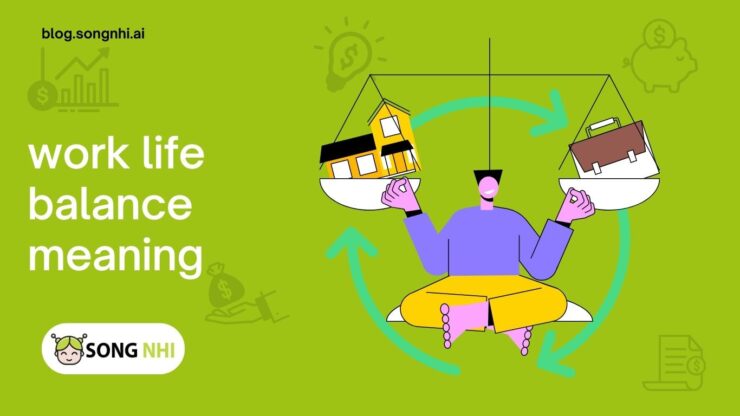In our fast-paced and demanding world, work-life balance has emerged as a significant topic of discussion. But what does work-life balance truly mean? In this article, we will explore the meaning of work-life balance, its importance, and how it can positively impact our overall well-being.
Defining Work-Life Balance
Work-life balance refers to the equilibrium between work-related responsibilities and personal life commitments. It involves finding harmony and satisfaction by effectively managing time and energy across professional and personal domains. It is not about segregating work and personal life into separate compartments, but rather about integrating the two in a way that enhances our overall quality of life.
Importance of Work-Life Balance
Health and Well-being
Maintaining work-life balance is crucial for our physical and mental well-being. Balancing work with personal activities, leisure, and self-care allows us to recharge, reduce stress, and prevent burnout. It promotes better overall health and enables us to perform optimally in all areas of our lives.
Fulfillment and Happiness
Work-life balance plays a pivotal role in fostering a sense of fulfillment and happiness. When we allocate time and energy to activities and relationships outside of work, we experience a greater sense of purpose and enjoyment. This, in turn, positively impacts our motivation, productivity, and satisfaction in both personal and professional realms.

Improved Relationships
A balanced approach to life allows us to nurture and maintain meaningful relationships. Strong connections with family, friends, and loved ones contribute to our overall happiness and well-being. By investing time and attention in these relationships, we build a support system that provides emotional nourishment and enhances our resilience in challenging times.
Enhanced Productivity
Striking a work-life balance has been linked to increased productivity and job satisfaction. When we take time for rest, relaxation, and personal pursuits, we return to work with renewed focus and energy. This enables us to perform at our best, make better decisions, and deliver high-quality work.
Strategies for Achieving Work-Life Balance
1. Set Priorities
Clarify your values and identify what truly matters to you. Determine your priorities in both work and personal life, and allocate time and energy accordingly. This helps ensure that you devote sufficient attention to the activities and relationships that align with your core values.
2. Establish Boundaries
Create clear boundaries between work and personal life. Define specific working hours, and resist the urge to constantly check work-related emails or messages during personal time. Similarly, strive to disconnect from personal distractions while at work. Setting boundaries helps create a sense of structure and enables you to fully engage in the present moment.
3. Practice Self-Care
Prioritize self-care activities that promote your physical, mental, and emotional well-being. Engage in regular exercise, get adequate sleep, eat healthily, and engage in activities that bring you joy and relaxation. Remember, taking care of yourself is not selfish; it is essential for maintaining work-life balance.

4. Delegate and Seek Support
Recognize that you cannot do everything alone. Delegate tasks at work when possible, and seek support from colleagues or supervisors. At home, share responsibilities with family members or consider outsourcing certain tasks. Collaboration and support systems help alleviate stress and create space for personal pursuits.
Related articles:
- Essential List of Soft Skills for Success
- How to Improve Work Life Balance?
- Defining Work-Life Balance
- What is Personal Growth?
5. Unplug and Recharge
Regularly disconnect from technology and create intentional periods of downtime. Engage in activities that allow you to recharge and relax, such as spending time in nature, practicing mindfulness or meditation, reading, or pursuing hobbies. Unplugging from work-related demands allows you to rejuvenate and maintain a healthy work-life balance.
Conclusion
Work-life balance is about finding harmony, satisfaction, and fulfillment in both our professional and personal lives. By prioritizing our well-being, setting boundaries, practicing self-care, seeking support, and nurturing meaningful relationships, we can create a balanced and enriching life. Remember, work-life balance is a continuous journey that requires conscious effort and adjustment. Strive for a healthy integration of work and personal life, and enjoy the benefits of a more fulfilling and well-rounded existence.















